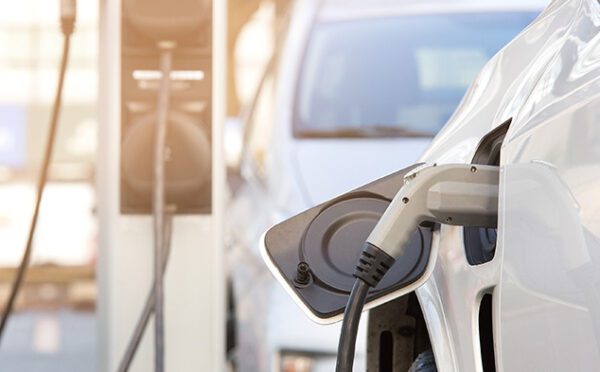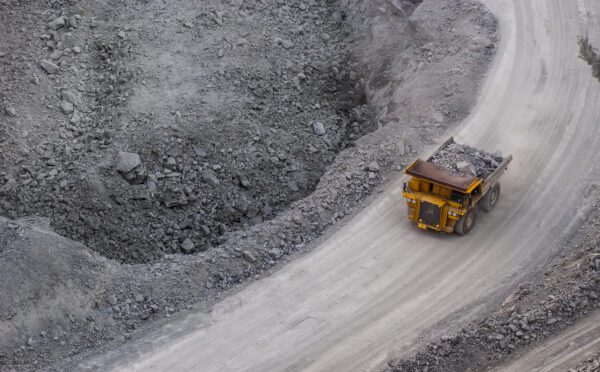Electric vehicles (EVs) no longer represent the future of the automotive industry; they have become a permanent fixture in today’s landscape. With governments and car manufacturers focusing on a wholesale shift to EVs within the next decade, the associated supply chain is now more important than ever — and that means increased opportunities for business.
In addition to recent federal and provincial government investments of tens of billions of dollars, a combination of factors makes Canada an ideal place to do business in this sector — from our rich natural resources to the country’s strong environmental credentials, emphasis on clean energy (including hydro power in the Province of Québec), vibrant startup and entrepreneurial community, qualified labour force and cutting-edge higher education. According to Bloomberg, Canada is at the forefront of the industry, second only to China in global top 30 EV supply chain rankings.
Canada is a key player in the natural resources, energy transition and renewable energy fields. It was also a key contributor specifically to the automotive sector for decades. Naturally, therefore, Canadian companies are playing a pivotal role in the expansion and mainstreaming of the EV industry, both as innovators of the technology and suppliers of the resources necessary for battery manufacturing, including lithium, cobalt and copper.
How we can help
The EV supply chain spans a broad range of processes and stakeholders, from suppliers of raw materials for battery development and manufacturers of component parts, to vehicle assemblers and providers of charging infrastructure, to service, maintenance and end-of-life recycling. Osler has supported clients along every step of the way as this market and the supporting technologies have evolved and disrupted the conventional combustion engine vehicle industry. Our firm is ideally positioned to share the insight we’ve gleaned from our experience to help you reach your goals and strategic objectives in the North American and global supply chains.
Clients regularly leverage our lawyers’ deep expertise in providing guidance throughout the EV supply chain continuum:
|
Stage |
Process |
Osler services |
|
Raw materials supply |
Raw materials – including lithium, cobalt, nickel and graphite – are extracted and processed for EV production. | |
|
Battery manufacturing |
Using raw materials, battery manufacturers assemble battery cells and integrate them into battery packs, ensuring their quality, performance and safety. |
|
|
Component manufacturing |
These manufacturers produce necessary parts and systems, including electric motors, power electronics, charging systems and infotainment systems. | |
|
Vehicle assembly |
Assemblers integrate all the components and systems into a complete electric vehicle, overseeing the final assembly, quality control and testing processes. | |
|
Charging infrastructure |
Providers develop and deploy charging stations, including in cities, highways and parking lots, as well as home charging solutions. | |
|
Service and maintenance |
Service providers offer maintenance, repairs and software updates for EVs, including battery servicing and replacement. | |
|
End of life |
When batteries no longer serve their original purpose, they can be reused or recycled. |
Key Contacts
Partner, Technology, Toronto
Partner, Corporate, Montréal
Former National Co-Chair, Partner, Corporate, Montréal, Toronto
Partner, Corporate, Vancouver
Latest Insights
-
Osler Update Feb 3, 2025
Québec adopts its regulation prohibiting motor vehicles and internal combustion engines by 2035
On December 16, 2024, Québec adopted the Regulation prescribing certain prohibitions as regards motor vehicles and internal combustion engines (the...
Read more -
Report Dec 5, 2024
Overcoming infrastructure challenges critical to Canada’s EV ambition
A lack of adequate public EV-charging infrastructure in Canada is a leading obstacle to electric vehicle adoption.
Read more -
Report Dec 5, 2024
Developing Canada’s critical minerals for energy transition
Regulatory reform in the mining sector is needed to cultivate the development of Canada’s critical minerals for energy transition.
Read more -
Osler Update Mar 8, 2024
PDAC 2024 delivers mixed signals as attendees look for answers to industry challenges
PDAC 2024 kicked off with a strong start with large crowds and a buzz of optimism seeking answers to industry challenges.
Read more




